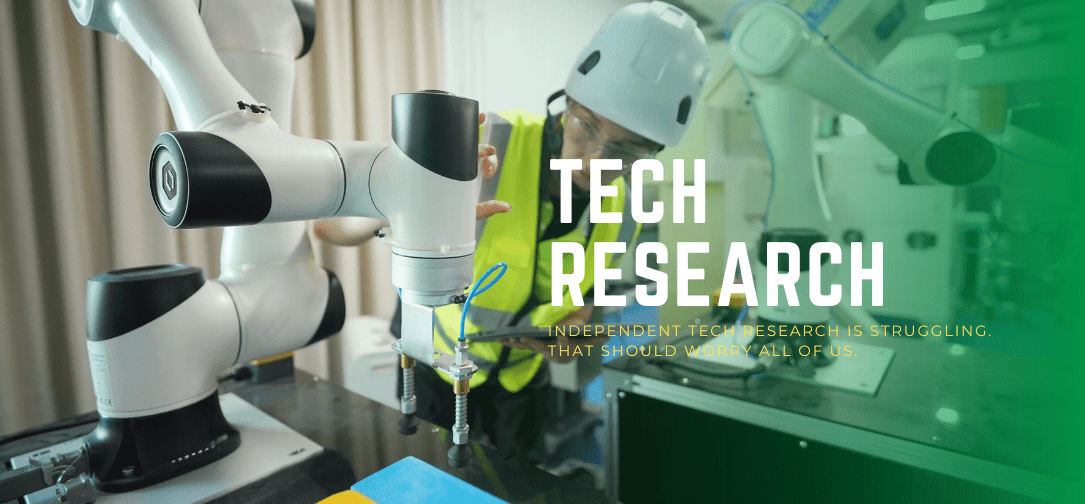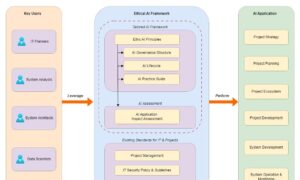Over half of researchers face barriers accessing the data essential for studying how technology affects society
My research focuses on how people learn information from the world around them. Like it or not, in the modern world social media and other tech platforms are a major source for both true and false information. That’s why it is vital to understand what people are seeing in online spaces and how that information influences our opinions, beliefs and behaviors.
When I started researching how tech shapes our daily lives, I was hopeful. I believed (and still do) that asking hard questions about powerful systems could help make them better. But over time, it has become harder to do that work.
In the past few years, I have watched colleagues walk away from public-interest tech research. Some left because they couldn’t secure a grant. Others took jobs in industry because it was the only way to pay the bills. A few stayed, but at real personal cost due to harassment and political attacks on the field.
The Coalition for Independent Technology Research’s new report, The State of Independent Technology Research 2025, puts numbers to what so many of us already know. Eighty-five percent of researchers say a lack of funding is their number one challenge. Researchers must be able to pursue investigations without fear that asking the hard questions will result in funding cuts or institutional retaliation. That tracks with my experience. I have lost count of how many promising projects recently had their existing funding cancelled by the federal government.
These are researchers who want to study how algorithms shape hiring or voting decisions, how children are affected by screen time, and how misinformation spreads online. This work is vital to public understanding, but we are making it nearly impossible to do.
Just last month, governments and companies unveiled another AI action plan for the US. It was full of optimistic language about AI’s benefits and vague commitments to public good. But it had very little to say about regulation, enforcement, or public accountability. That is not an oversight. It is a strategy designed to avoid public scrutiny of technology companies and their actions.
This is not just a research problem
Let me be clear: this isn’t a crisis just for academics. When independent researchers can’t investigate, society can’t understand, governments can’t regulate, communities can’t prepare and parents can’t decide. The funding collapse is not just inconvenient, it’s dangerous. If we keep pushing independent researchers to the margins, we lose our ability to understand and respond to the technologies shaping our lives.
When independent researchers lack resources, tech companies get to control the narrative. And without strong, well-supported research institutions to push back, there is very little to hold them accountable.
Independent research has uncovered racial bias in facial recognition, exposed flaws in content moderation, and questioned how algorithms influence political opinions. It is not surprising that the people benefiting from those systems would rather we stop asking questions.
A vision for a better path
That’s why I’m so proud to be a member of the Coalition for Independent Technology Research and share this new report, The State of Independent Technology Research 2025: Power in Numbers. In a time when independent researchers are being sidelined, censored, or pushed out, the Coalition is building a different future, one grounded in coordinated advocacy, mutual aid, cross-border solidarity and public education. Coalition members work together to ensure that public interest technology researchers are free to ask the hard questions.
Where do we go from here?
We cannot do this alone. Philanthropic institutions, this is a call to step up to fund independent research at the scale and speed this moment demands. Policymakers, this is a call to prioritize meaningful transparency rules and safe access to data so researchers can continue asking the tough questions.
The State of Independent Technology Research shows us where we stand and what we stand to lose.

































